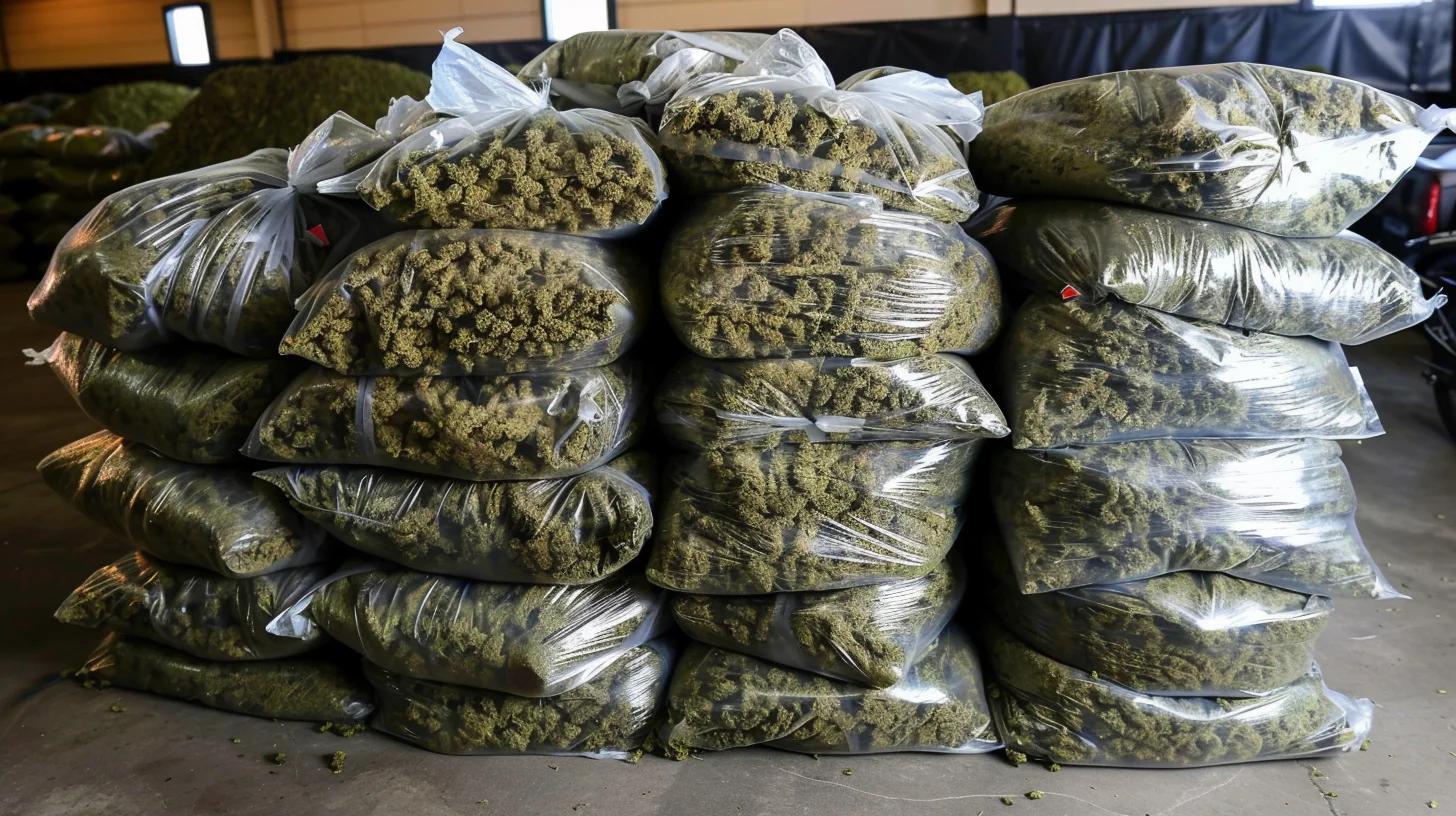- Why It Matters: The incident underscores Thailand’s ongoing efforts to regulate cannabis imports and prevent the influx of unregulated products, safeguarding public health and legal commerce.
- The Big Picture: Reflects the broader challenges faced by countries navigating the complexities of cannabis legalization, emphasizing the need for stringent border controls and international cooperation.
- Zoom In: The seizure of 75 kg of cannabis in Nakhon Phanom by the Special Forces unit highlights the critical role of border security in enforcing drug policies and the importance of regulatory frameworks.
NAKHON PHANOM, THAILAND – In a significant operation along the Mekong River, the Special Forces unit of the 21st Infantry Regiment successfully seized 75 kilograms of unregulated cannabis. This operation sheds light on Thailand’s vigilant efforts to control the flow of cannabis across its borders, emphasizing the country’s commitment to public safety in the wake of cannabis legalization.
Under the command of Captain Wanchai Mueangun, the unit acted on intelligence from local citizens, indicating illicit activities involving the importation of illegal substances from neighboring Laos. The operation resulted in the interception of two sacks of cannabis, which were intended to be smuggled into Thailand without proper customs procedures.
This event is not merely an isolated case but a part of Thailand’s broader strategy to manage cannabis use within its territory responsibly. Despite the legalization of cannabis for medical and commercial purposes, the Thai government remains steadfast in its efforts to prevent the entry and distribution of unregulated cannabis products. Such measures are crucial for ensuring that the benefits of cannabis legalization are not overshadowed by the potential risks associated with uncontrolled use and distribution.
The operation in Nakhon Phanom serves as a reminder of the challenges that come with cannabis legalization, particularly in regulating its import and export. It highlights the need for robust regulatory frameworks, international cooperation, and community vigilance to ensure that cannabis legalization leads to positive outcomes for public health, safety, and the economy.
As Thailand continues to navigate the complexities of cannabis policy, incidents like the one in Nakhon Phanom underscore the importance of a balanced approach that promotes legal commerce while safeguarding against the risks posed by illicit trade.
Contributing Sources: 77 Kaoded
